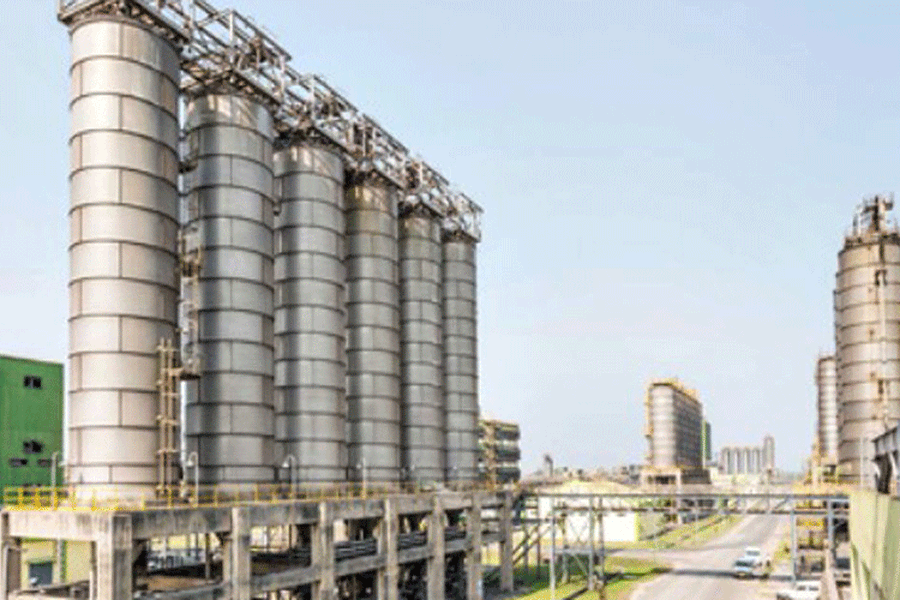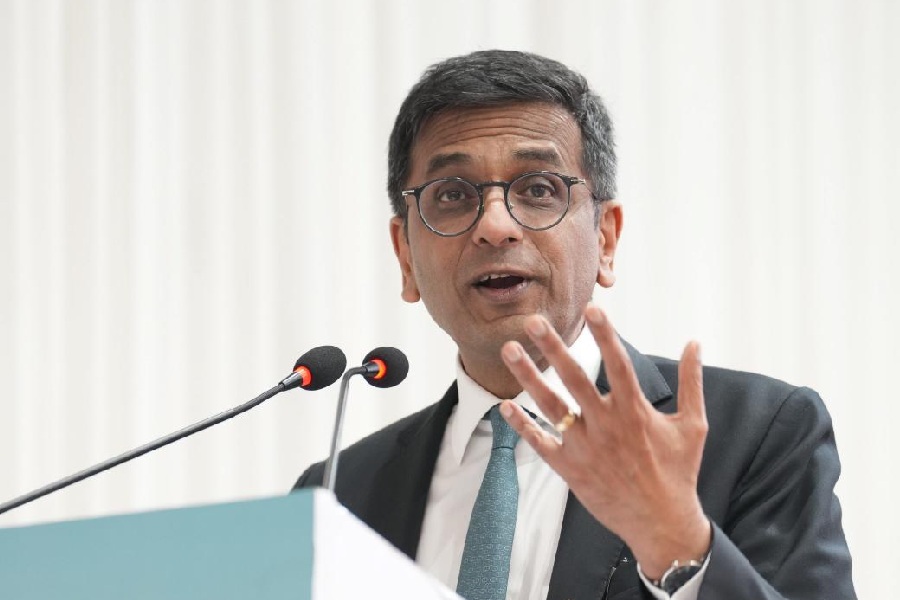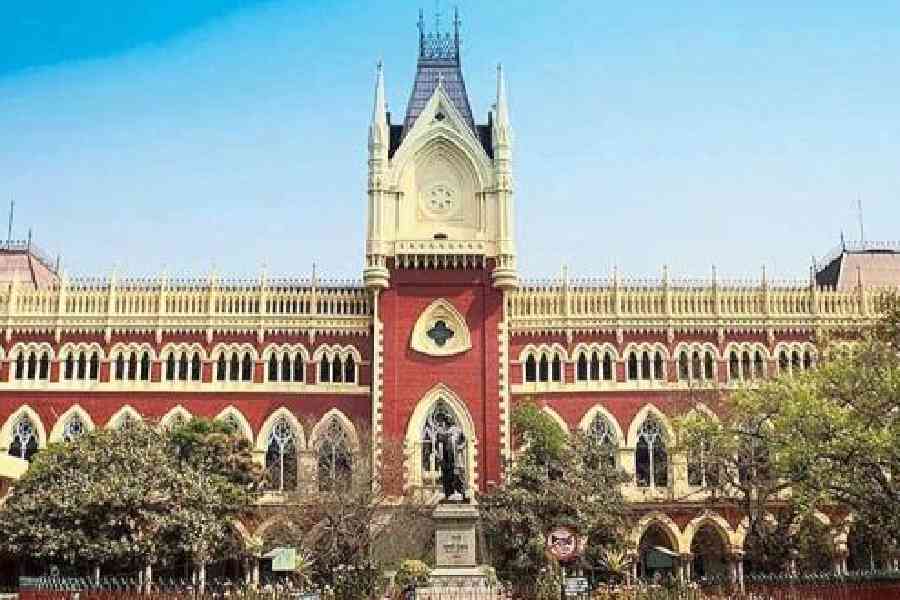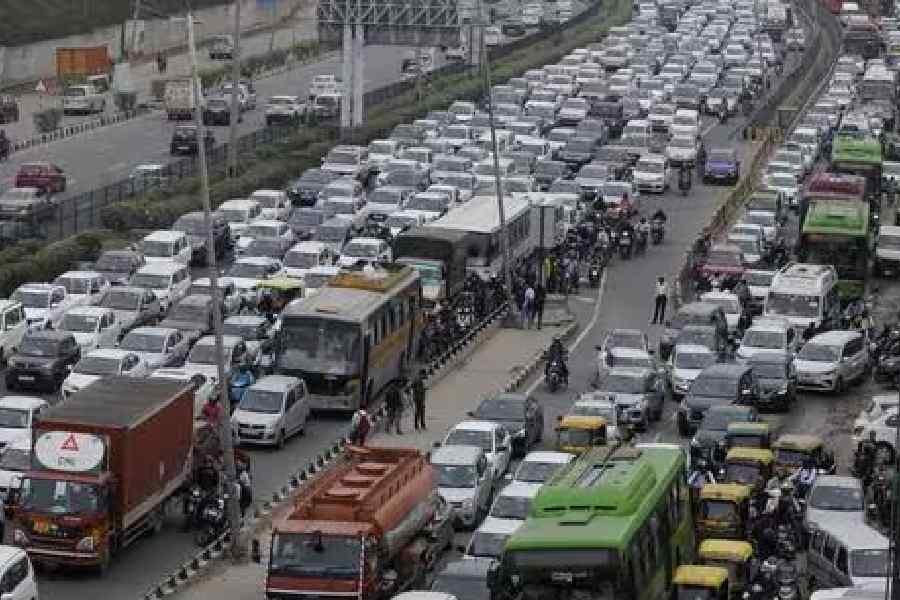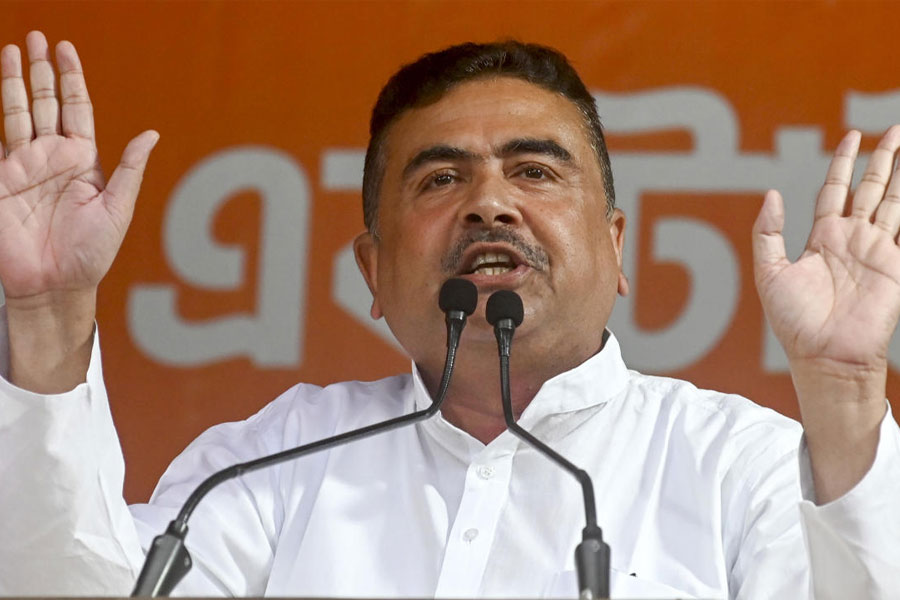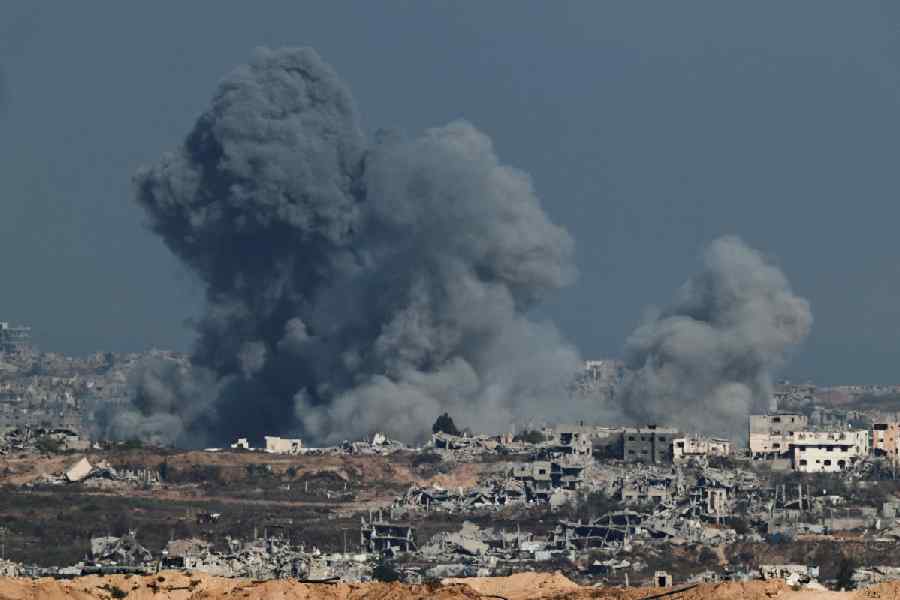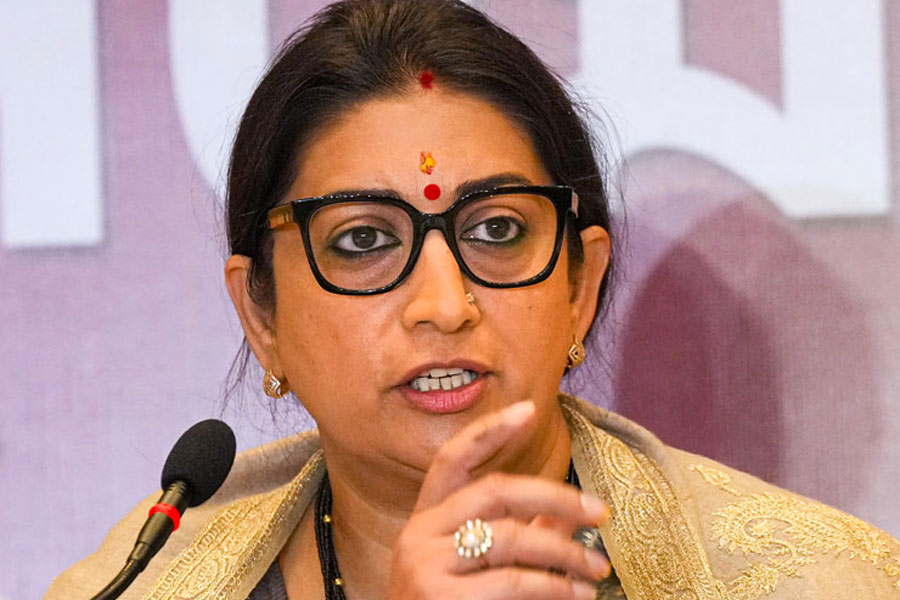The Bengal government has gone to court challenging the arbitral award that landed Purnendu Chatterjee-led Haldia Petrochemicals Ltd (HPL) fiscal incentives worth Rs 3,285 crore.
Appeals have been filed in the Calcutta High Court for setting aside the award and also an interim stay on the operation of the award.
The matter came up for hearing in the first week of January before Justice Moushumi Bhattacharya who released the matter from her list in view of the submission made by the Bengal government which is a party to the case.
Court records show two appeals have been filed under Section 36(2) and Dection 34 of the Arbitration & Conciliation Act, 1996, by the Bengal government. While Section 34 relates to setting aside an arbitral award, Section 36(2) allows to seek a stay on the award.
The legal move suggests that the government is going to fight out the matter in court, at least for the time being, against HPL where it continues to be a significant minority shareholder. However, it did not discourage one of Bengal’s top industrial enterprises from going ahead with a Rs 3,000-crore expansion project.
A day before the case was heard before Justice Bhattacharya, HPL top brass inaugurated the site execution for the largest phenol plant in India at Haldia.
Company CEO Navanit Narayan, accompanied by senior officials, inspected the site and reviewed on-ground progress and preparations for the project, which is expected to be complete by the first quarter of 2026.
While the work started in the first week of January, a formal announcement to express intent to build the plant which is going to make HPL India’s first integrated player in the phenolics chain was made weeks before the pronouncement of the arbitral award in September 2023.
Seeking a stay under Section 36(2) requires a deposit of the award amount with the court. It is estimated that the Bengal government may be asked to pay over Rs 1,000 crore as a deposit even as the legal circle widely believes the state will seek a waiver of the clause. The new bench of the HC for the matter, which is yet to be assigned, will decide on the prayer.
The ask to deposit the award amount with the court was introduced to strengthen the Arbitration & Conciliation Act, which seeks to promote speedy disposal of cases, upholding commercial expediency.
It was often observed that the aggrieved party goes to court appealing to set aside an award. While the case lingered on, the award holder was often found to be left in the cold, rendering the award itself useless with money stuck for years.
To avoid such a situation, it was mandated to deposit the award amount with the court to ensure both the appellant and the respondent were encouraged to resolve the dispute early.
The dispute
The present dispute arose from an agreement signed between The Chatterjee Group (TCG), the promoter of HPL, and West Bengal Industrial Development Corporation (WBIDC) on September 11, 2014, whereby the private party bought 52 crore shares from WBIDC for Rs 25.10 apiece.
There was a clause in the agreement stipulating that HPL would be able to avail 75 per cent of its unutilised incentives amounting to Rs 3,285 crore over 19 years starting from January 1, 2016.
It further added that in the event Goods and Service Tax (GST} is rolled out, the incentives would still be payable to the extent the tax accrues to the state government.
During the 18 months between January 1, 2016, and June 30, 2017, HPL collected Value Added Tax (VAT) from the sale of its products and did not deposit the levy to the state, adjusting the unutilised incentives as per SPA. The company collected around Rs 317 crore in that period.
After the GST was rolled out on July 1, 2017, HPL continued to collect the GST, which replaced VAT, and deposited it with authorities, expecting the tax to be accrued to the state (SGST) to be reimbursed. However, the company did not receive reimbursement from the state government.
Essex, an HPL promoter entity, successfully made out the case that it was the onus of the state to return the state’s share (SGST) collected and deposited to HPL. The company’s accumulated recoverable balance stood at Rs 1,084.7 crore till March 31, 2022.
The arbitral tribunal, consisting of two former Chief Justice of India and a former Supreme Court judge, held that HPL is entitled to the balance financial incentive of Rs 2,968 crore within 19 years. It is also entitled to a 6 per cent interest on the unpaid amount and the arbitration costs.

